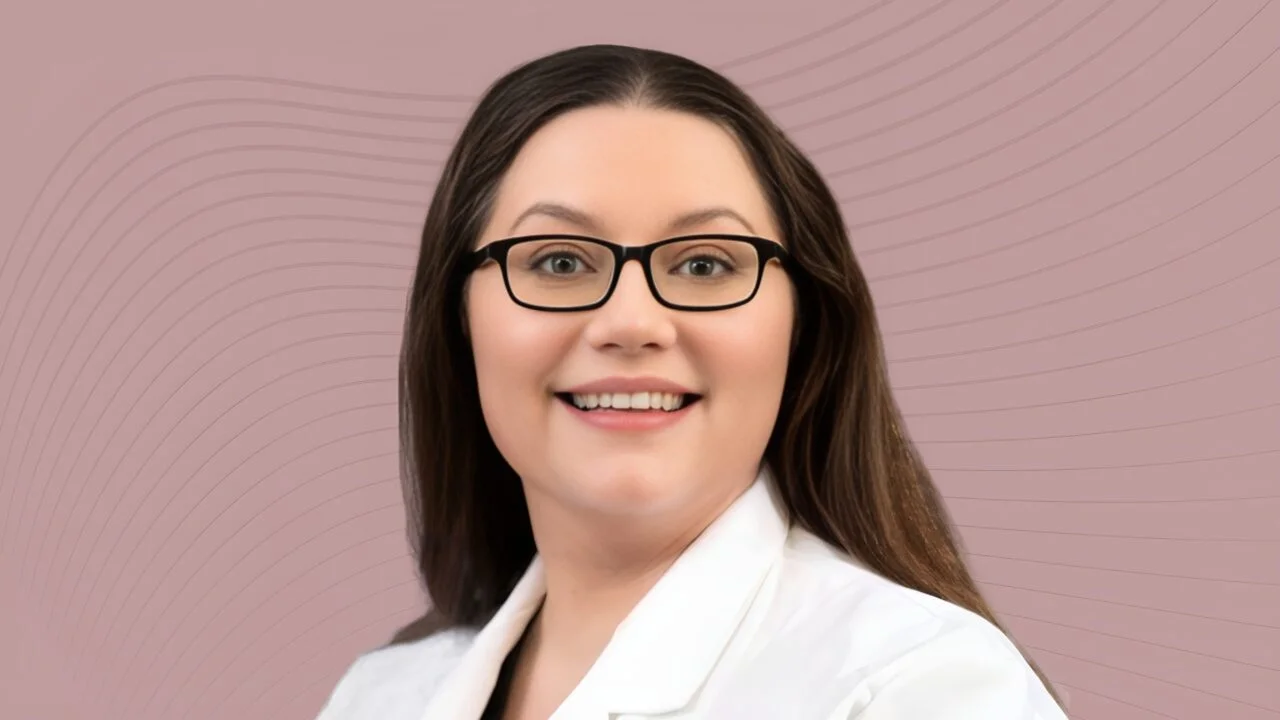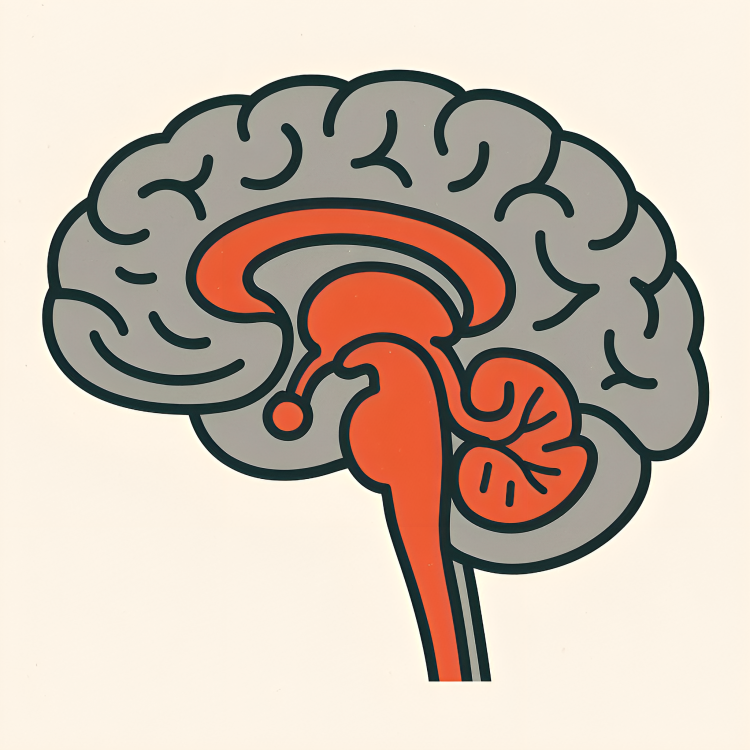
Caitlin Raymond: Most “Difficult Patients” Aren’t Difficult at All
Caitlin Raymond, Assistant Professor of Pathology and Transfusion Medicine at University of Wisconsin-Madison, shared on LinkedIn:
”We talk about “difficult patients” all the time in healthcare — but I’m increasingly convinced we’re labeling the wrong thing.
Two encounters made this hard to ignore:
• A wife described as “the meanest person I’ve ever met.”
In reality, her husband was paralyzed after a medical error and lying in the ICU. She wasn’t hostile — she was terrified, grieving, and fighting for someone she loved in a system that had started keeping her at arm’s length.
• An incarcerated sickle cell patient labeled with “behavioral issues.”
When I sat down, made eye contact, and actually listened, he was thoughtful, honest, and warm. The “behavior” dissolved the moment his humanity was acknowledged.
Neither of these people were “difficult.” They were reacting in completely understandable ways to trauma, fear, power imbalance, and — frankly — how they were being treated.
This is attribution bias in action: assuming behavior comes from personality instead of context. Neuroscience tells us most behavior in high-stress situations is driven by the limbic system, not stable traits. When people are overwhelmed, afraid, or unheard, their frontal lobes go offline. What we call “difficult” is often just neurobiology.
The problem isn’t the patient.
The problem is our interpretation.
When we shift from a fixed mindset (“they’re just like that”) to a growth mindset (“their behavior makes sense in this situation”), our interactions change. Outcomes change. Trust changes.
Most “difficult patients” aren’t difficult at all. They’re people navigating difficult circumstances.
Full piece here.”

Stay updated with Hemostasis Today.
-
Feb 24, 2026, 16:18Salmaan Dalvi: Mapping Rare Diseases Across East and Central Africa
-
Feb 24, 2026, 16:16Wolfgang Miesbach: Game‑Changing Data on Intensive FVIII Replacement in Haemophilia A with Hypertrophic Synovium
-
Feb 24, 2026, 16:01Is It Safe to Briefly Stop Anticoagulation After VTE? – RPTH Journal
-
Feb 24, 2026, 15:58Anastasia Conti: Honored to Receive the Roche Foundation Grant for Independent Research in Onco-Hematology
-
Feb 24, 2026, 15:55Courtney Lawrence: Targeted Donor Screening Reduces Transfusion-Transmitted Babesia Cases
-
Feb 24, 2026, 15:30Aswin K Mohan: Practical Tips for Preparing Before, During, and After Blood Donation
-
Feb 24, 2026, 15:24Stéphanie Forté: The Hidden Burden of Stroke in Adults Living with Sickle Cell Disease
-
Feb 24, 2026, 15:13Tagreed Alkaltham: Equity in Emergency Care Through a Blood Bank Lens
-
Feb 24, 2026, 14:57Joseph Raffaele: Can Improving Mitochondrial Quality in Immune Cells Alter Immune Aging Markers?

